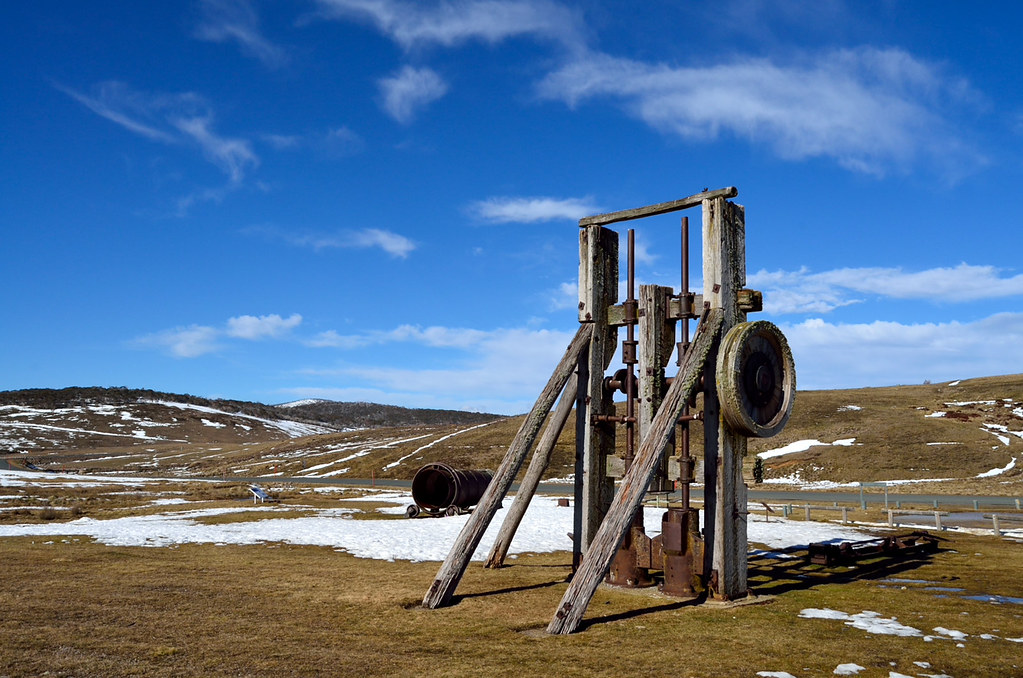INDIA –BANGLADESH RELATIONSHIP
The India-Bangladesh relation is really an enigma to many. You would be surprised to know how diverse people’s opinions and feelings of love and hatred are which constitutes the bond, which is slowly becoming distrust. Since 1947, after the divide of India & Pakistan on the basis of religion, millions of Hindu Bengalis migrated to West Bengal and other parts of India and many Muslim Bengalis migrated to Bangladesh (former East Pakistan). Memories of their roots are still afresh in many migrants and their descendents. These feelings are of love and earnings and they always carry a dream within, to visit their roots to be with fellow Bengalis separated by a border; who share the same language, culture and traits. The Bangladeshis love Indian cloths Indian music, movies and TV channels. The Indian Bengalis love Bangladeshi food, music, cloths. You couldn’t imagine the warmth of this feeling if you had not been close to them. But still in Bangladesh officially Indian movies are not screened in Theatres, In India Bangladeshi TV channels remains taboo in this 21st century. There is a huge trade
gap between India and Bangladesh, where illegal trade is twice as much in volume as the trade goes in official channel. Bangladesh is not yet self sufficient in producing all the consumer goods it needs. So Indian goods naturally finds their market here legally or illegally. India and Bangladesh share some major water resources. These two countries could benefit so much if they could solve all the border problems, share water resources equally and enhance legal trade with minimal protection.
India hating is a political stunt taken by Anti Awami League politicians after the liberation war in 1971. In the liberation war India gave shelter to millions of Bangladeshi refugees and engaged in war with Pakistan for 12 days to help liberate Bangladesh supporting the freedom fighters. Bangladesh is surely indebted to India for that. It was for the great leadership of Sheikh Mujibur Rahman, India pulled out its troops from Bangladesh and acknowledged Bangladesh’s sovereignty. But those who are anti Awami league made a farcical issue that Bangladesh being sold to India citing numerous disputes over the years, which still remains live.
Kathryn Jacques of the School of Classics, History and Religion at the University of New England in Australia writes in her
book:
“
The most prominent India-Bangladesh border issues, the Tin Bigha Corridor, Muhuri Char and New Moore/ South Talpatty/ Purbasha island have all tended to reinforce the traditional antagonisms, rivalries and fears existing in South Asia, the disputes being manipulated and protracted for political advantage by both Mrs. Gandhi and Ziaur Rahman (President 1975-1981). Both states added fuel to their mutual disputes, both overreacting with aggression and suspicion. Of the two states, India was in a far better position to compromise. Bangladesh did not represent a military threat and had much more to lose than India. The disputes should have been quickly resolvable through diplomatic channels. Instead, the conduct of the issues was characterised by belligerence and insensitivity on India's part, and oversensitivity and suspicion on Bangladesh's part. The Indian government, particularly under Indira Gandhi, had great difficulty in differentiating between disputes with Bangladesh and those with rivals, Pakistan and China. A Bangladesh government which was not obviously pro-Indian, as it was under Mujibur Rahman, was automatically dubbed by India, Cold War-style, as being pro-Pakistan."
These types of stereotyping are being carried over till now. The recent foreign investment initiative in Bangladesh by the TATA group of India has also generated some apprehensions against the BNP government who welcomed it. Some rightwing parties passed on bad remarks like the Bangladesh is being sold to India. But this all happened because trade must follow its course and in recent times trade relationship is the main determinant of foreign relations. So if Bangladesh has surplus gas and it is willing to export it there must be tension when the consumer is India rather than a third nation. But this is Bangladesh, where among people emotions and personal likings dominate logic. The government who declares export gas to India will be in a possible coup by the opposition, because they will make a huge issue out of it. That’s why during Awami League government (believed to be pro-Indian) the relationship did not improve significantly but only reduced some tension.
India-bashing is the powerful political weapon that is now being used by present BNP government. The Prime Minister has
warned the opposition (Awami League) “Abandon Desires for state power through foreign help (meaning India)”. The Justice Joynul Abedin Commission, which is investigating the still unsolved August 21 attack, concluded in this report that a foreign power is behind the incident. The commission is yet to name the foreign power but most likely it is referring India. Adding fuel to this is Bangladesh foreign minister Morshed Khan’s provocative statement that his country could play havoc in the north- east “as it was landlocked by Bangladesh”. See the different views of the government, they are welcoming the foreign investment and provoking at the same time. Certainly India is not happy about this situation. They are
vocal that Bangladesh is giving shelter to the insurgents of its North-East territory just as Bangladesh was vocal during late seventies and eighties that India is giving support and shelter to the Shantibahini insurgents of the Chittagong hill tracts. Also there are issues like illegal Bangladeshi immigrants in India, who are being used by Indian politicians as vote banks. An editorial in The Statesman
warns: "Actually Begum Zia is playing a dangerous game, much too dangerous for her comfort."
Problems like this will continue to exist if both the countries do not wish to minimize them and want to keep them alive for political reasons. Renowned columnist Kuldip Nayar has
urged the Indians to be generous and be relaistic to conquer the anti-India feeling in Bangladesh. The Bangladeshi think tanks are not doing well enough to reduce the tensions the political leaders are inflicting upon the relationship.
Meanwhile a girl in Bangladesh will continue to adore Shahrukh Khan (Indian actor) and watch all his movies in pirated discs and girl in India will pay any price to get a Dhakai Sari smuggled through the borders. A Bangladeshi boys honeymoon place would be in Darjeeling and an Indian’s Cox’s Bazaar Beach. I think many of the Bangladeshi politicians who cries against India in a political speech, go home and watch popular Hindi soap operas in Indian Channels and some would send his kid to a school in an Indian hill convent. India-Bangladesh relations will remain so bitter sweet and quite prone to exploitation by the political leaders.
















